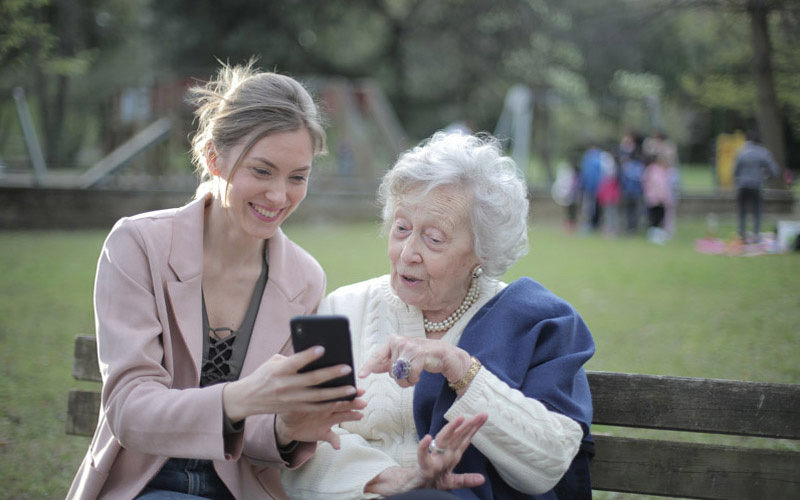At least 42 percent of U.S. workers have been caregivers for aging loved ones in the last five years. In fact, most family caregivers work full or part-time while caring for their parent, spouse, aunt, uncle, or other loved one.
The majority (68 percent) of family caregivers report making work accommodations because of caregiving duties including: arriving late/leaving early or taking time off, cutting back on work hours, changing jobs or stopping work entirely.
If this is you, you understand the challenge of juggling work and caregiving. You’ll want to know that AARP is fighting for workplace flexibility, like family leave or paid or unpaid sick leave, to support family caregivers as they balance work and caregiving responsibilities. AARP is pushing for legislation that would:
- Let employees use their existing sick time to help care for a family member; or
- Give employees a few hours of unpaid time each year to help care for their loved ones; or
- Allow employees unpaid leave to take their loved ones to the doctor, in the same way 15 states allow employees to take unpaid time off to attend parent-teacher conferences and school events.
Video from AARP –






